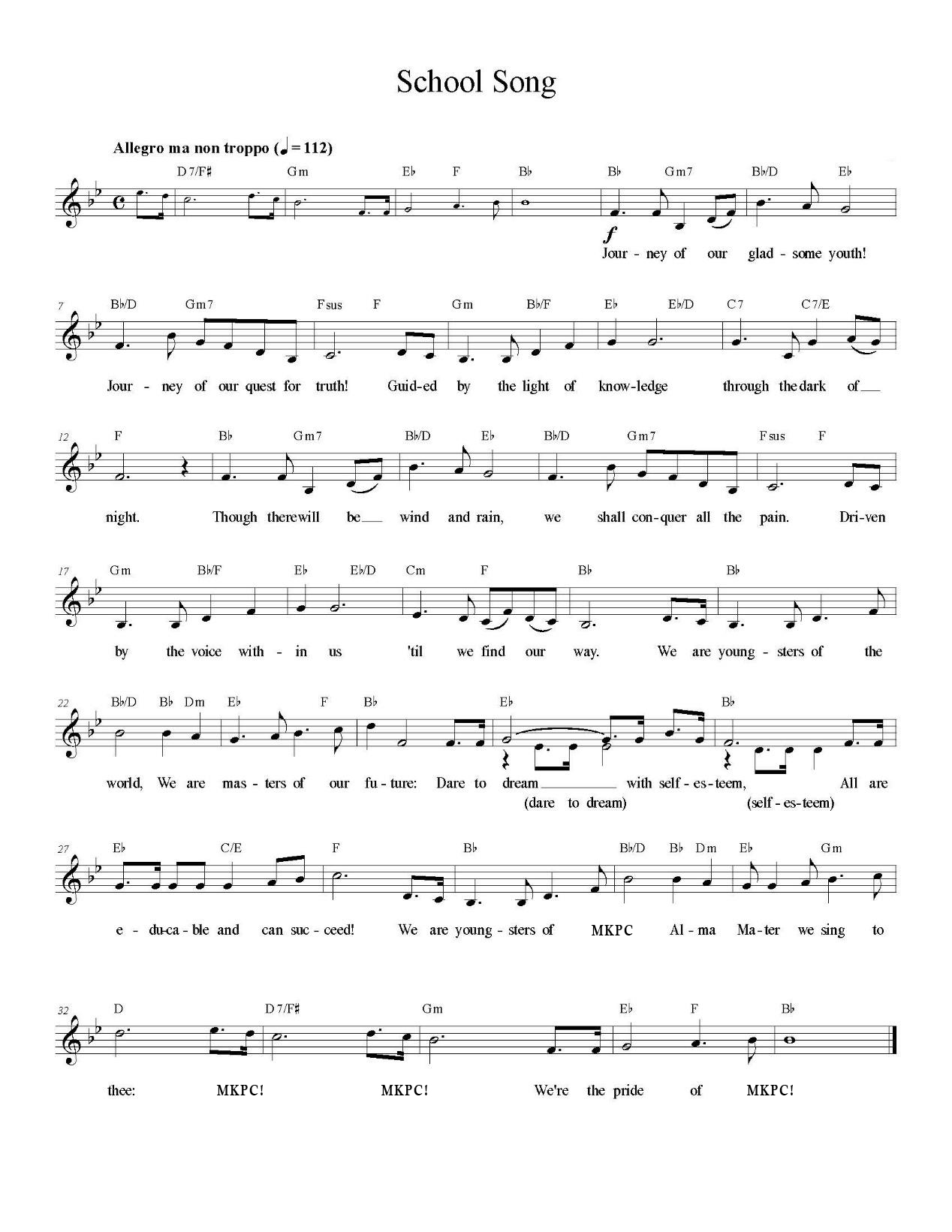Throughout the years, our school has been adhering to the motto “All are Educable; All can Succeed“. We are committed to providing quality education for all. We establish a holistic education framework and provide a wide range of curriculums and extra-curricular activities in order to create an ACTIVE learning environment for students, enrich their learning experience, and enable them to master ACTIVE knowledge. (ACTIVE stands for Authentic Learning, Caring School Culture, Technology, Innovative, Values, Esteem)
“All are Educable” is to enable students of different aptitudes and strengths to show their potential talents so as to achieve “All can Succeed”. We should not just select the best to teach, but we should strive to teach everyone to excel.
ACTIVE Education has to be led and implemented by authentic leadership. Authentic leadership is based on personal deep values and beliefs. Authentic leaders lead with their hearts to gain the team members’ respect and trust, turning teachers to teaching partners. They collaborate with each other to achieve the vision and mission of the school, and build an authentic school to provide quality education for each student, so as to achieve “All are Educable; All can Succeed”.
The target of school education is people and educational duties and goals are also practised by people. Therefore, the structure of educational institutions must be people-oriented, adhering to the principles of fairness, justice and openness. The rights and interests of teachers and students and other stakeholders must be respected so as to build a campus of mutual trust and love, eventually leading to a successful school.
(Chinese version only)
校訓:真.善.美
萬鈞教育機構屬下的萬鈞伯裘書院、賽馬會萬鈞毅智書院、萬鈞匯知中學,本着「人人可教.皆可成材」的辦學理念,致力於教「人」、育「人」的工作。面對瞬息萬變的社會,持守正向的道德價值至為重要。故此,三校訂下共同目標,以「彰顯誠信仁愛公義赤子心,孕育格物致知博學成大器」作為培育學生的基本方向。並設定「真.善.美」為三校的校訓。
「真.善.美」可以從人的內在本性及外顯言行兩個角度理解。
「真」是指「真誠、真心、真意」,是指人的內在本性,莊子曰:「真者,精誠之也。」指人具備德性,一切言行由心出發,就是「真」。這也是《大學》中「大學之道,在明明德、在親民,在止於至善」的睿意。其意是首先彰顯自己的善德,繼而推己及人,進一步教化他人,展現內在德性。當兩個環節完成後,便達「至善」的圓滿境界。
「真」,同時是指外在事物的「真知、真理、 真相」。社會上對於不同的事物,往往存在不同的視角及觀點。因此,凡事都不能人云亦云,須抱求真態度,透過獨立思考,運用科學方法,以全方位視角及邏輯思維,進行理性探索、尋根問底,方能明辨是非、格物致知,尋求「真知、真理、 真相」並付諸實行,達致「擇善而固執」,這正是《禮記‧中庸》闡述的「博學之,審問之,慎思之,明辨之,篤行之」的求學及做事方法。
「善」是指與生俱來向「善」的赤子心。孟子曰,「惻隱之心,人皆有之」,他更指出:「人性之善也,猶水之就下也」。由此,「人之初,性本善」的論點是可以確立的。孟子進一步闡述,善德包涵仁、義、禮、智 ,因此,由「善」心出發待人,乃「真誠」的表現。故此,在應對不同的問題時,抱持做人的基本良知,從「善」而行,定能達至心有所安。
個人的外在言與行從「善」心出發,會啟迪周遭群體營造互信及和諧。孟子曰:” 言近而指遠者,善言也;守约而施博者,善道也“。他指出懷有深遠意義的浅近語言,乃「善」言,而引發廣大社會正面效果的個人操守,乃「善」道。他進一步說:“君子之言也,不下帶而道存焉;君子之守,修其身而天下平 ” 。指出君子之言行修身,在廣泛傳揚及實踐後,便能創建美好社會。這亦是老子「上善若水」的啟示,指出擁有高度「善」德的人,能夠如水般滋養萬物,令萬物享有豐盛生命力。
「美」,從內在本性的角度來說,是指「美德」、「完美」。孔子曰:「里仁為美」,指出與人相處,展現仁愛,就是「美」。孟子亦有近似的意見:「可欲之謂善,有諸己之謂信,充實之謂美」。其意指從個人修養的角度而言,具備仁、義、禮、智(善)與「信」的人格,可達「美」的層次。
「美」同時是指「美行」、「美事」、「美感」、「美景」、「美好」,是人從內心出發的行為及內心對外在一切動態及靜態事物的感受。孔子闡述施政者的五種美行:「君子惠而不費,勞而不怨,欲而不貪,泰而不驕,威而不猛」。想深一層,這些都應是常人的行為準則。此外,「美」不單侷限於文學、藝術觸發的感受,而是涵蓋人類社會及自然世界引發內心愉悅的事物及情境。凡能淨化心靈、引起內心迴響的事物及情境,均令人感受生命本身的「美」,堅持追求「美好」事物的初心。
總结來說,「真.善.美」各有獨特的範疇,但三者環環相扣,組成以「善」為核心的價值糸統。學生在校期間,三校透過真摯領導、關愛有序的校園、體驗式多元學習、資訊科技的應用、創新意念、品德情意價值及正向自信人生觀的培育,推動「活的教育」(ACTIVE education)方案,強化師生互動,與社會同步並進,培育學生自信、自尊尊人的態度,讓學生進行自主、深度學習(deep learning) , 確保學生擁有求取「真.善.美」的價值觀念及方法,達致「皆可成材」。

Copyright © 2024 Man Kwan Pak Kau College. All Rights Reserved.